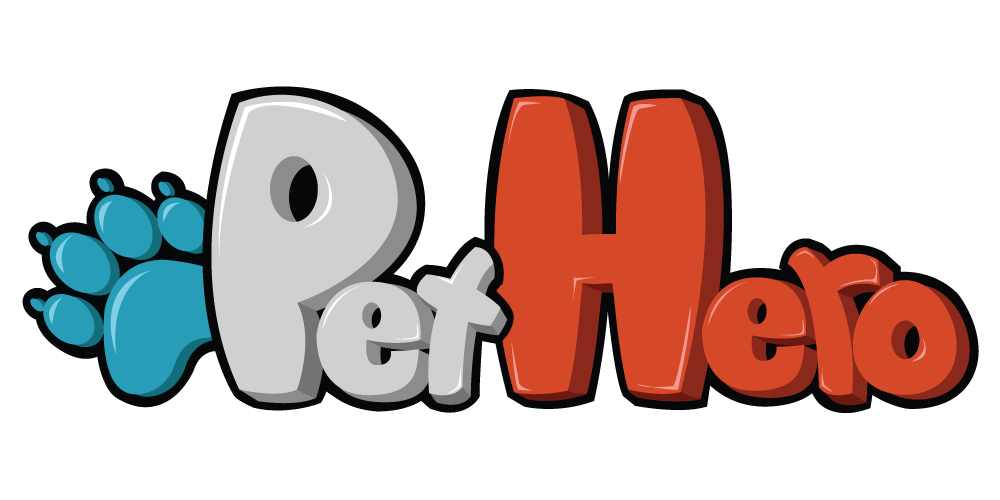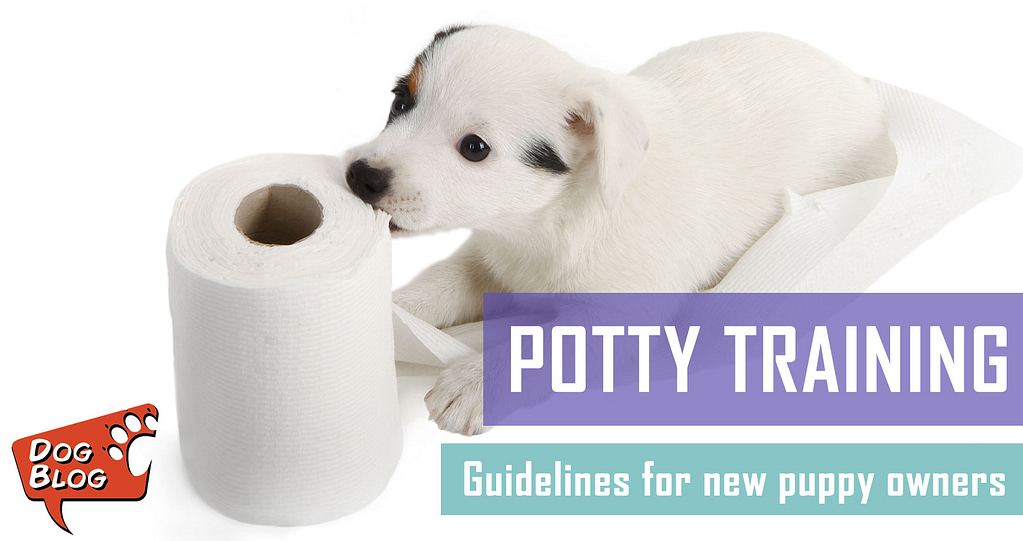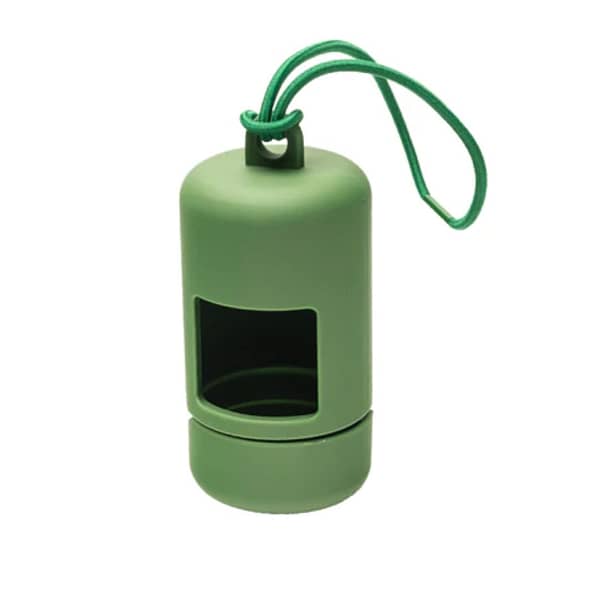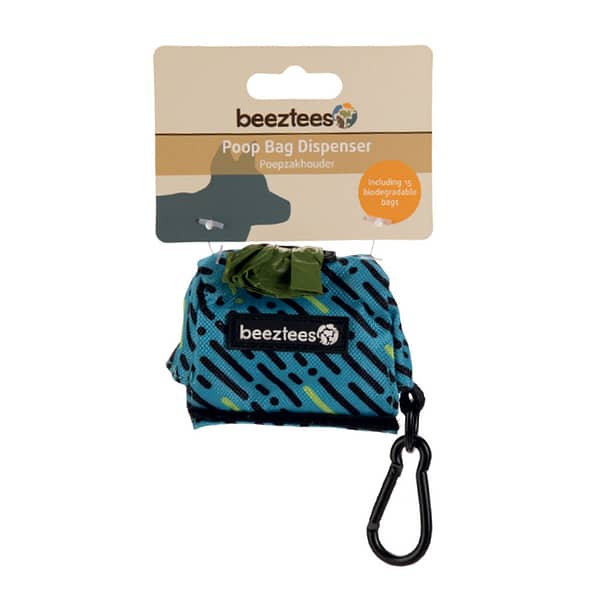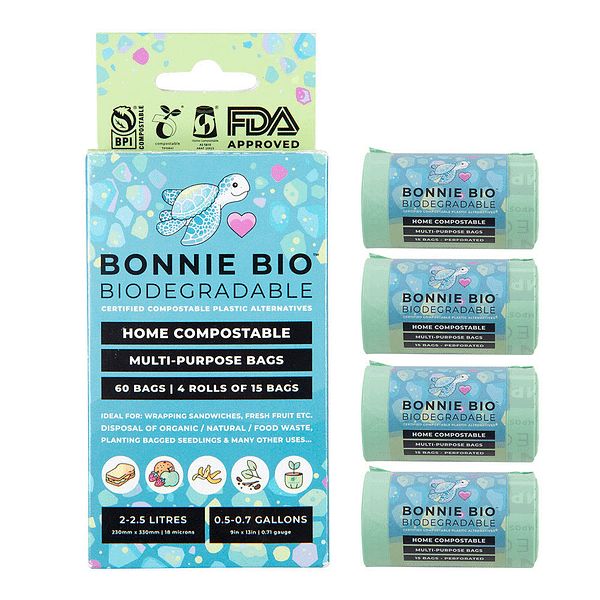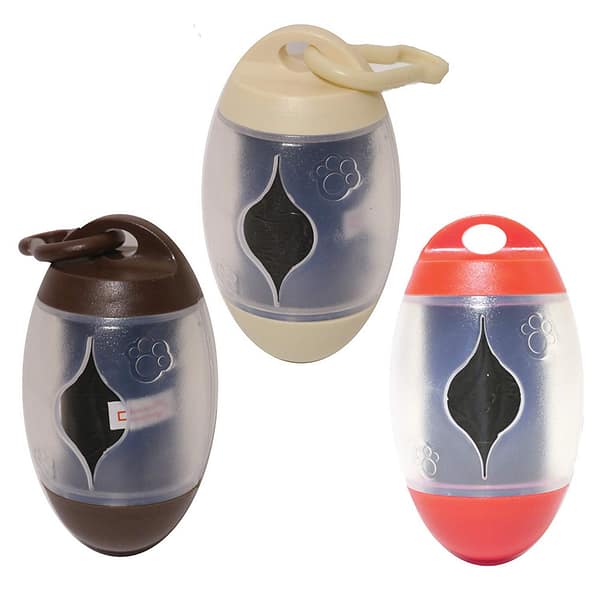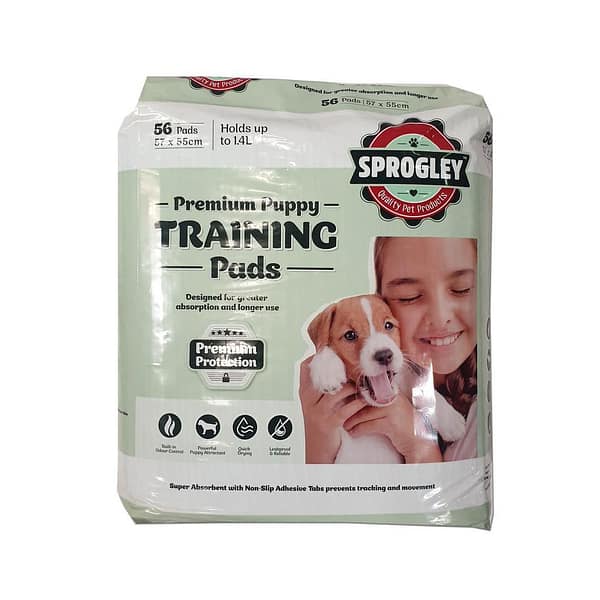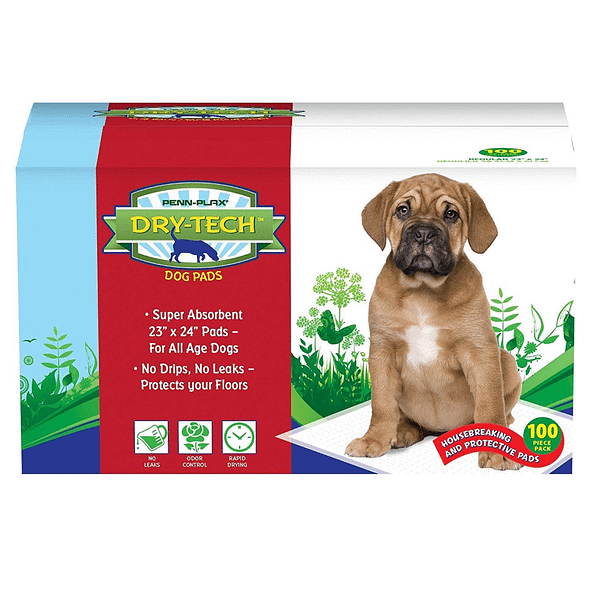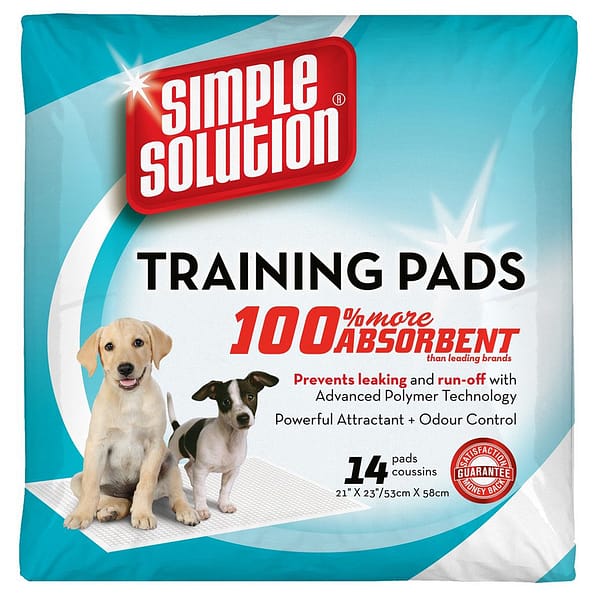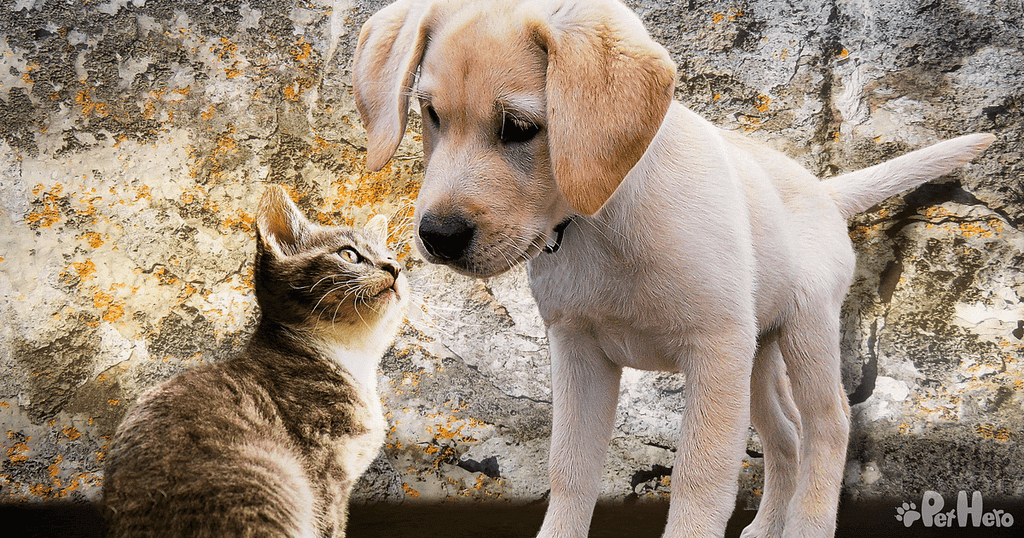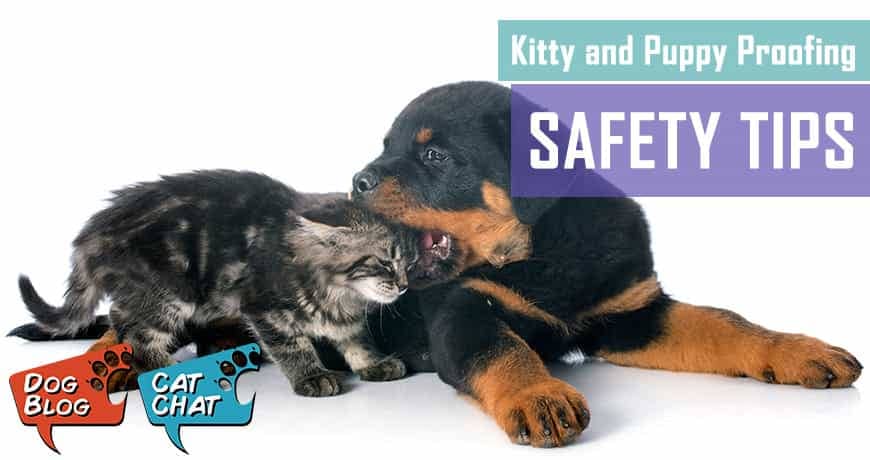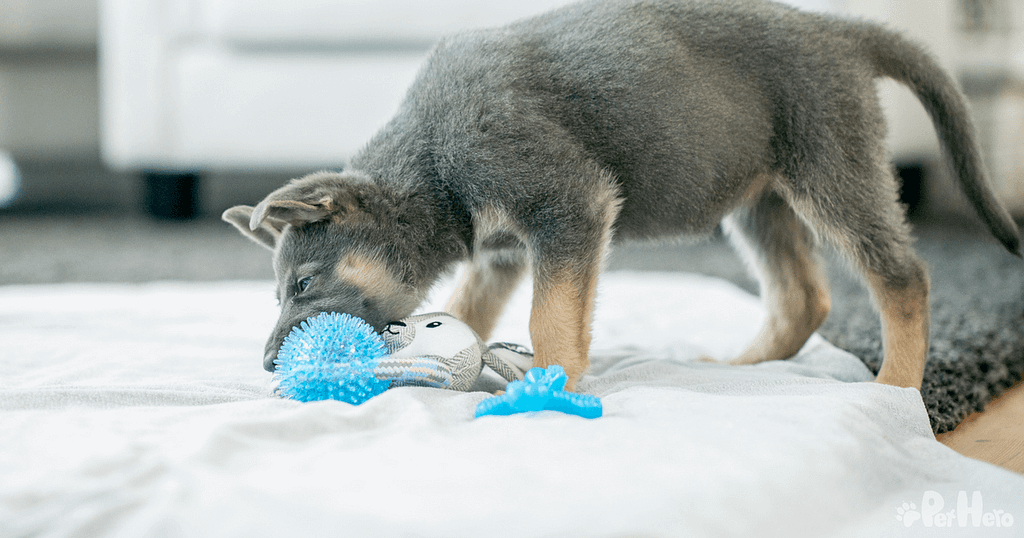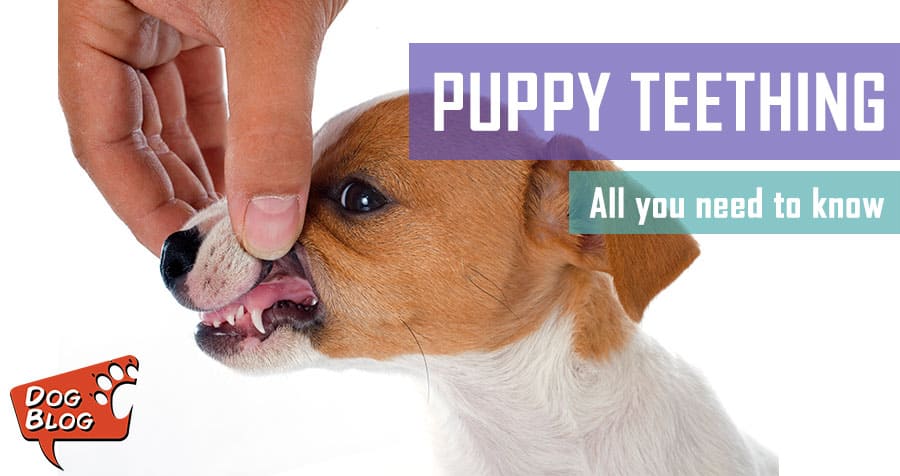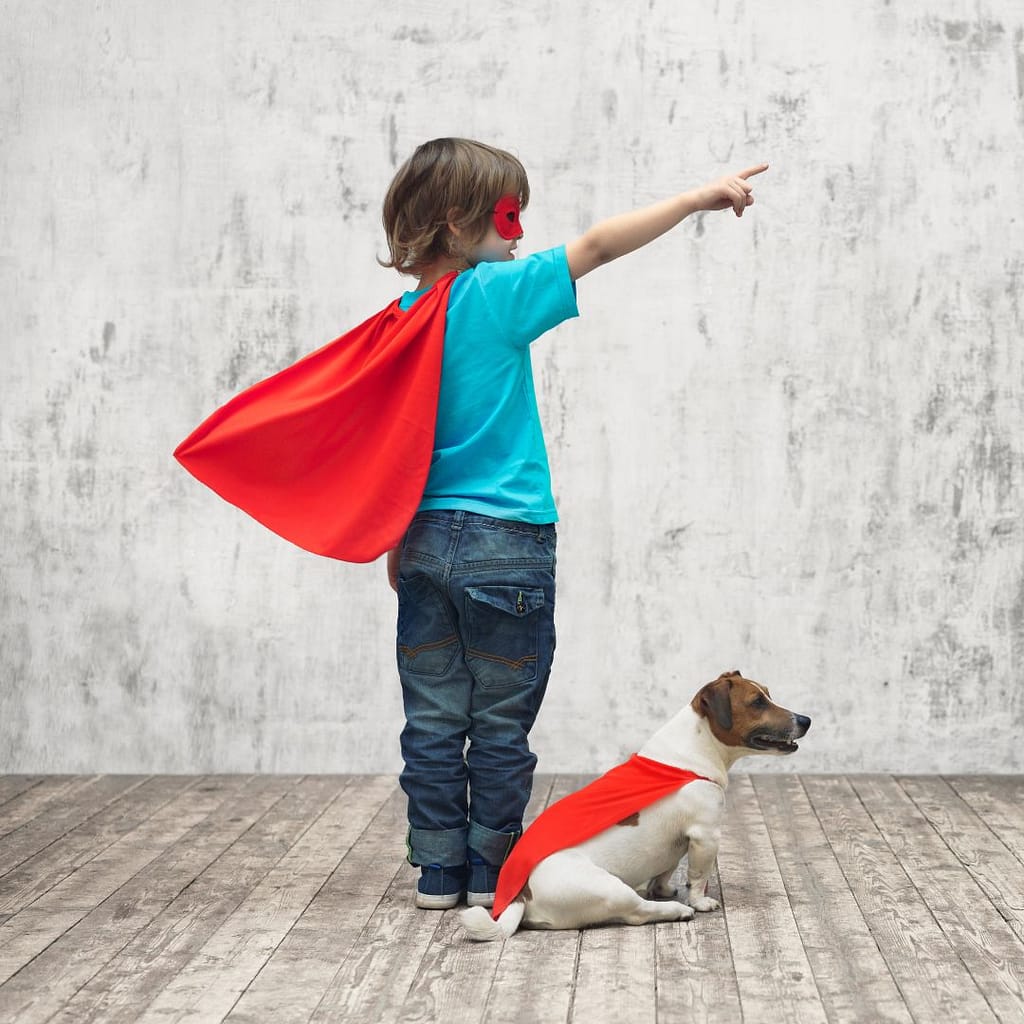There is no better feeling than having a new member added to the family… especially if they come with a wiggly butt and puppy breath! It’s best to get the drudge work over first, so let’s house train your new pooch as soon as possible.
Dog breeds that are easy to train with positive reinforcement (think border collies and German shepherds) tend to house train much faster than more finicky breeds, especially the small and miniature breeds. There are always exceptions to these rules – perhaps you’ve got a smart and quick-learning puppy irrespective of his breed. The same sequence to house training still applies, so just stay calm and collected while you house train your cutie patootie.
Can an 8-week old puppy be potty trained?
Absolutely! This is the best time to start house training your new pup. If you start early, you’ll have a fully house-trained puppy by the time he/she is six to eight months old. Some puppies will ‘get it’ in a matter of weeks, while others will take longer. Most puppies won’t get it straight away and you’ll probably still come across puppy messes while training them. Your little scootch will need your guidance, motivation and a consistent routine in order to house train successfully. Your puppy’s success is up to you!
How to start house training your puppy
Decide what kind of routine you’ll use and stick to it. For instance: every one to two hours, take your puppy outside for a few minutes. After your puppy has eaten, he should also go outside, although these walks should be longer than other walks, giving your puppy enough time to do his business. Look out for signs that your pup is ready to ‘go’. These signs include pacing, circling and whining. When he’s successfully made a pee or poop in the correct spot (on the lawn or in the park), load him with praise and attention for proper elimination. (If your puppy poops in the park, remember to pick up the poop and dispose of it responsibly).
Potty train your puppy using routine
Take your pup outside immediately after he wakes up in the morning and also if he wakes you up at night. He also needs to learn that he can count on your quick response when there’s a potty emergency. When you take your puppy out first thing every morning, make sure it’s in the same general area and at the same general time, so he can smell the scent that triggers his memory. Being consistent with this process teaches your puppy the correct habit. Command words (like ‘peepee’, ‘make a wee’ or ‘poopoo’) are important here and repeating them each time you take your puppy outside will associate the word with the action. It is important to always let them out before your bedtime, which will reduce the chance of any accidents inside at night.
How to use puppy pads to potty train your puppy
For the first eight to 10 weeks you should think about using puppy pads at night, in the general area where your pup is put to bed. Keep the puppy pad in the same area to avoid accidents around other areas in the home. Your clever boy will learn that the puppy pad is his ‘safe spot’ to go peepee. For you it means less stress and mess to clean up.
Do puppy pads make potty training take longer?
No. Some pet pawrents might struggle with getting their puppies to use training pads, thinking it confuses where they are supposed to pee or poop. The purpose of a training pad is to protect your carpets and floors from puppy accidents during the potty training period – it’s not a substitute for proper house training. Puppy pads teach your pup that there is an appropriate place to ‘go’ and it’s within that puppy pad boundary.
After the initial training period, move the puppy pad outside during the day to serve as a reminder of where your puppy can eliminate (the smells will trigger their memory). This pattern reinforces good behaviour, and before you know it, your puppy will be doing his business outside without the need for a puppy pad as a reminder. As puppies get older, they learn to control their bladders and to relieve themselves outside.
Reward the good, ignore the bad
All good behaviour, even little displays, must be rewarded with praise and treats. Give your puppy lots of love and affection, rewarding language (GOOD BOY!) or a small treat – this will go a long way in achieving success. Your puppy wants to please you, so he will continue to do these behaviours that elicit such positive responses.
When your puppy has an accident – and he will – don’t punish him. Spanking or shouting at your puppy will instil fear and negativity in your puppy, so you don’t want him to associate you with a negative experience. NEVER rub your puppy’s face in his mess – this is old, ineffective advice that associates you with a fearful experience and erodes your puppy’s trust. Puppies aren’t perfect and your little one is still learning. He’s not being deliberately naughty, so just ignore him as you clean up calmly and go back to what you were doing. Next time you take him outside or he ‘goes’ successfully on a puppy pad, lavish him with praise and rewards. With your patience, understanding and consistency, he’ll get it eventually!
Pet heroes aren’t born with in-built knowledge on how to take care of their pets in the best way possible – that comes with experience and learning. Sign up for our newsletter and you’ll get helpful pet advice, all the latest promotions, special deals and even competitions delivered straight to your inbox. Don’t miss out!
